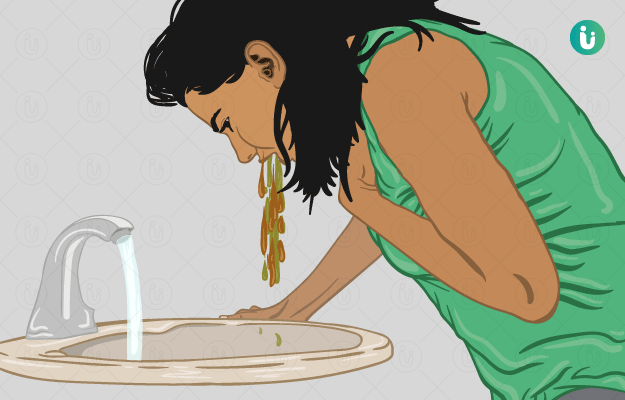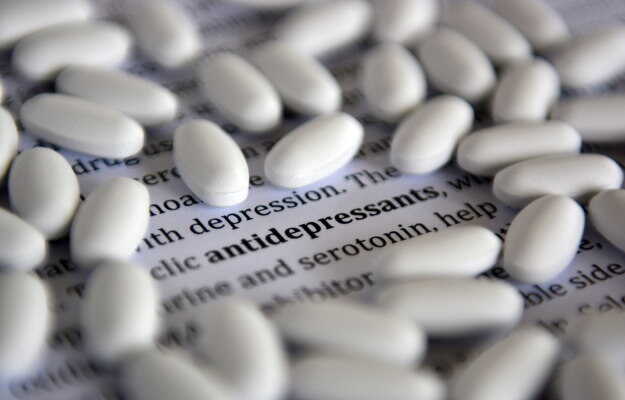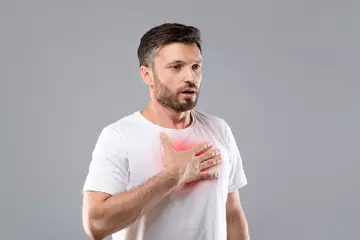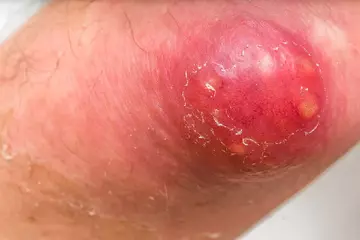What is food poisoning?
Food poisoning is a condition caused due to eating contaminated food or drinking contaminated water. The food can be contaminated by micro-organisms, small insects, or any such pathogens.
It affects various systems of the body, but the gastrointestinal system is most affected.
What are its main signs and symptoms?
The common symptoms of food poisoning are-
- Nausea
- Vomiting
- Fever
- Diarrhoea
- Abdominal pain
- Loss of appetite
- Additionally, a person may also feel chills, dizziness, and excessive sweating.
- Depending on the agent causing the condition, the symptoms may present immediately after consuming contaminated food or liquid, or after a few days.
What are the main causes?
- Any bacteria, virus, or parasite can contaminate food or water and consuming such food or liquid can cause food poisoning.
- The food can get contaminated by these agents due to unhygienic growing conditions, faulty cooking, processing, or packaging.
- The common bacteria which cause food poisoning and gastro-intestinal discomfort include Salmonella typhi, Vibrio cholera, Clostridium difficile, Staphylococcus aureus, and campylobacter.
- Rotavirus and hepatitis A viruses can also contaminate food.
- Contaminated water is one of the biggest causes of food poisoning. It can be due to the mixing of sewage water with clean water, improper purification of water, or faulty transportation.
How is it diagnosed and treated?
The diagnosis involves the following:
- The diagnosis of food poisoning is based on your symptoms, and a detailed history of what you have eaten recently.
- To know the pathogen causing the poisoning, investigations like stool culture are carried out.
- Blood tests also give an indication of the infection, showing a high count of white blood cells (WBCs) if an infection is present. Specific blood tests for hepatitis viruses too may be ordered.
Treatment of food poisoning includes the following:
- The treatment of food poisoning comprises of improving the symptoms and eliminating the cause.
- Antibiotics are prescribed to eliminate the particular pathogen from the body. Depending on the organism, a specific antibiotic is prescribed. It is important to complete the entire antibiotic course as advised, to make sure that the micro-organisms are completely removed from the body.
- Dehydration is treated by fluid replacement therapy and electrolytes. Oral rehydration is extremely important by drinking plenty of water, lemonade, fresh juices, coconut water or buttermilk.

 Doctors for Food Poisoning
Doctors for Food Poisoning  OTC Medicines for Food Poisoning
OTC Medicines for Food Poisoning



















